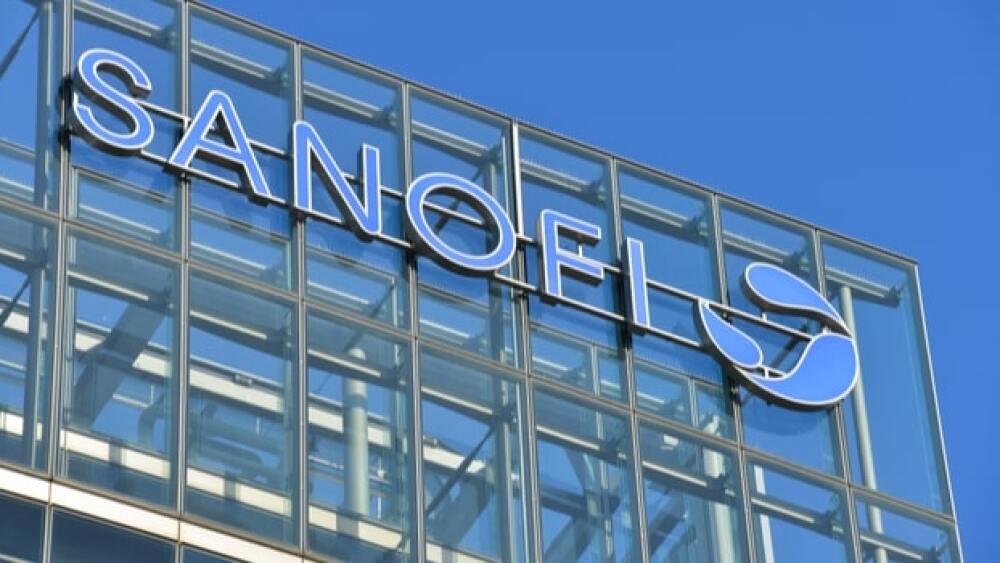Late Friday, the regulatory agency rejected the medication of sutimlimab due to deficiencies from a pre-license inspection of a third-party manufacturing facility.
Approval of sutimlimab gets delayed. (nitpicker/Shutterstock)
The U.S. Food and Drug Administration (FDA) stunned Sanofi with a Complete Response Letter (CRL) for its blood cancer treatment sutimlimab. The medication was expected to be the first treatment approved for the treatment of cold agglutinin disease (CAD).
Late Friday, the regulatory agency rejected the medication due to deficiencies from a pre-license inspection of a third-party manufacturing facility, the France-based company said.
Sutimlimab is an investigational monoclonal antibody for the treatment of hemolysis in adults with CAD, a rare disease of the blood in which the complement system mistakenly attacks a person’s own healthy red blood cells. The medication is designed to target C1s, a serine protease within the C1-complex, which as Sanofi notes, is the first step in activating the classical complement pathway of the immune system. That in turn is the central mechanism of hemolysis in CAD and the belief is that blocking it may halt CAD’s process. The inhibition of the classical pathway at C1s aims to retain immune surveillance functional activities of the alternative or lectin complement pathways, Sanofi said. Approximately 5,000 people in the United States are suspected of living with CAD. People with CAD suffer from chronic anemia, debilitating fatigue, acute hemolytic crisis and a poor quality of life.
In its CRL, the FDA said there were no clinical or safety deficiencies with respect to the application. Sanofi said the Biologics License Application cannot be approved until there are “satisfactory resolutions of the observations by the third-party manufacturer.” Sanofi said it remains in close contact with the FDA and its manufacturing partner as it works toward a resolution to the regulatory agency’s concern.
Sanofi sought approval for sutimlimab based on results from the Phase III CARDINAL study that showed 54% of patients met the composite endpoint criteria, with 62.5% achieving a hemoglobin greater than or equal to 12 g/dL or an increase of at least 2 g/dL. Sanofi noted that 83% of the 24 patients enrolled in the study achieved a clinically significant mean hemoglobin improvement of ≥1 g/dL. Additionally, the data shows that 71% of patients remained transfusion-free after the fifth week of treatment.
The trial showed sutimlimab also met its secondary endpoints by indicating improvements in disease process, including improvements in hemoglobin, normalization of bilirubin, and improvements in Functional Assessment of Chronic Illness Therapy-Fatigue Score.
Following the announcement of the CARDINAL data at the American Society of Hematology meeting last year, the FDA granted priority review to sutimlimab. During clinical development, the FDA awarded sutimlimab with Breakthrough Therapy designation, as well as Orphan Drug status.
Sanofi is evaluating sutimlimab in the on-going Phase III CADENZA trial for CAD patients who have not recently had a blood transfusion. The company is also investigating sutimlimab as a potential treatment for patients with immune thrombocytopenic purpura.





